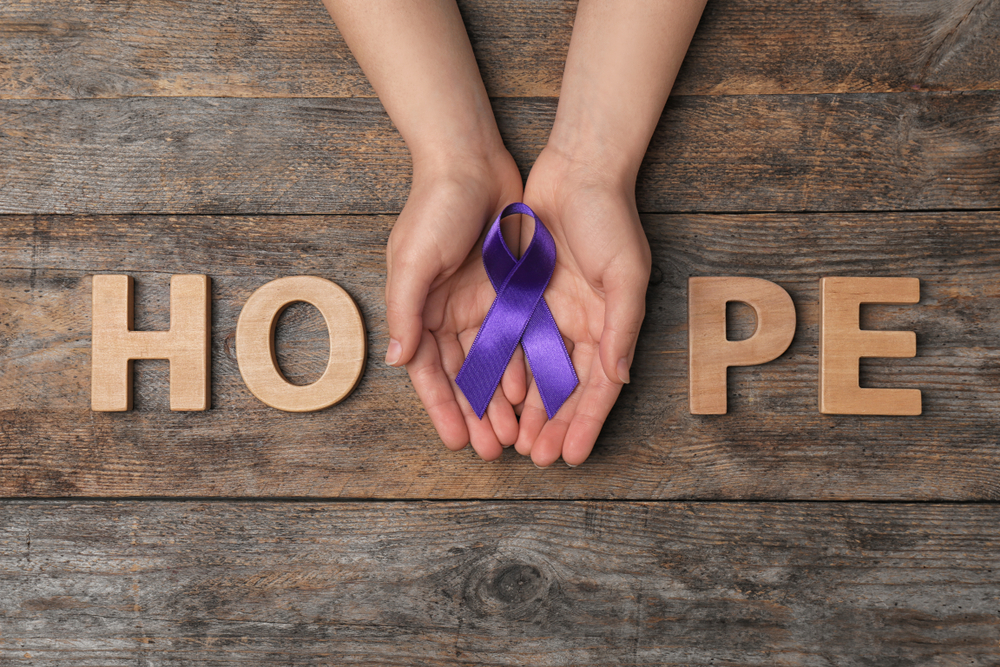Healing Helpers: The Role of Social Workers in Responding to Domestic Violence
In an online survey of 15,000 respondents in Australia, 65% of them have reported that the physical or sexual violence from a current or former partner began or escalated when the pandemic started in 2020. In another survey on substantiated domestic violence cases among children in Australia, 26,400 victims have experienced emotional abuse which includes witnessing violent acts between adults. Other domestic violence incidents against children include neglect (11,000 cases), physical abuse (6,900 cases), and sexual abuse (4,500 cases).
These disturbing statistics reflect the dire need for intervention and support for victims of domestic violence, as well as the rehabilitation of the perpetrators. Social workers play an important role in responding to domestic violence issues by prioritising the safety of the victim and the children. They should possess the skills to engage with the victim and other members who are directly affected by or connected to the abuse, including the children and the perpetrator. They can apply their skills in various settings such as hospital emergency rooms, schools, community counselling centres, shelters, government agencies, or rehabilitation facilities.
The following are some of the core responsibilities of social workers in dealing with domestic violence:
1. Conduct interviews for screening
The social worker should interview the victim, the family members, and the perpetrator (if identified) for proper assessment of the situation. They must be well-trained in following the protocols in asking the right questions for all parties concerned. The victim may not be ready to discuss the details or the perpetrator will try to control the narrative.
The responses will be used to determine what are the safety strategies that should be employed to prevent further abuse. Based on the assessment, the social worker can make referrals to those who can provide more extensive assistance such as licensed practitioners like psychiatrists and private practice therapists.
It is essential that the social worker should remain calm and respectful throughout the interview. The social worker should be prepared to not show signs of anger, frustration, fear or judgment as the subjects respond to the questions. They should be given a safe space to gain their trust and encourage engagement.
2. Provide counselling and crisis intervention
Social workers are trained in various kinds of counselling related to domestic violence such as child and adolescent counselling, family counselling, anger management, and crisis counselling. This requires a comprehensive knowledge and understanding on issues concerning mental health (from child to adult) as well as relationship and communication patterns.
Social workers must be skilled in assisting the victim and other affected members in processing the trauma and support them with strategies on how to cope and empower themselves. They must also be prepared to interact safely with the perpetrator, help them to hold themselves accountable for their actions, and guide them in changing harmful aspects of their behaviour.
In crisis intervention, social workers should be able to judge how domestic violence can affect the victim’s mental state and what approaches can be applied to ensure their protection and improve their welfare. This includes a thorough risk assessment to ensure that the victim will not put themselves in harm’s way, resulting from the trauma of domestic violence.
3. Connect to shelters and centres
Some victims of domestic violence have no safe place to go. Social workers can recommend shelters where they can recover and cope. They should provide contact details on who to reach out for at these shelters so they can be assisted immediately. Social workers can also refer rehabilitation centres for perpetrators to help them in their journey for self-improvement. They can also train staff in these shelters and centres on how to deal with domestic violence cases.
4. Assist in legal matters
Social workers can help domestic violence victims to file police reports against the perpetrators, obtain restraining orders, or act as court liaisons in court cases. They can also guide the victims on how to work through the judicial and state complexities in relation to her case or recommend a lawyer that specialises in domestic violence cases.
5. Provide resources for employment and financial education
Part of the recovery for domestic violence victims is to find the means to sustain herself and her children. Social workers can direct them to employment agencies or help find job opportunities that match their skillset and experience. They can also provide resources on financial education to empower themselves towards being self-sufficient.
6. Promote advocacy programs
Social workers can get involved in community programs or with other organisations to create awareness about domestic violence issues. This should also include information on resources for assistance that can be easily accessed by domestic violence victims if they wish to seek help.
Online courses and programs provider in Australia
Aside from inherent skills of empathy and communication, social workers need in-depth knowledge and intensive training in dealing with the sensitive nature of domestic violence. At Courses4Me, we offer a full range of online courses in community and counselling services.
Our domestic and family violence support courses will provide you with a solid foundation for understanding the psychology and mental health of children and adults as well as family dynamics and relationships stages. From there, you will learn to develop skills in counselling for children, families, and couples. You’ll also learn how to engage with victims and other affected members through crisis intervention and anger management. Download the free course guide in the link for more details
Our community mental health courses will give you deeper insights on mental health disorders that may instigate or appear as a result of domestic violence. You will receive in-depth training on how to manage these disorders to promote a healthier mental well-being. For more information, download the free course guide in the link.
Sign up for our online courses if you would like to consider a career in social work by helping domestic violence victims to heal from their trauma and live full lives again. You can contact us on 1300 100 008 or fill up our contact form for enquiries about our online courses.






